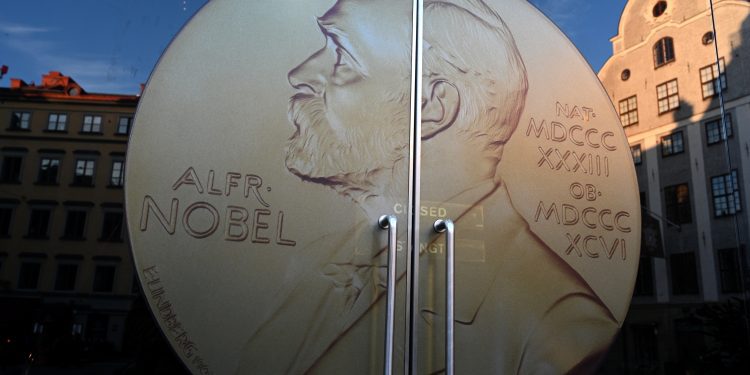Professors Daron Acemoglu, Simon Johnson and James A. Robinson have been awarded the Nobel Prize in Economics. According to the Royal Swedish Academy of Sciences, the award is for “studies of how institutions are formed and affect prosperity.” The laureates argue that some nations are wealthier than others because of their political and economic institutions.
The award-winning research was presented in three components: The first is a conflict in allocating resources and who holds decision-making power in a society (the elite or the masses). The second is that the masses can exercise power by mobilising and threatening the ruling elite, making power in society more than the power to make decisions. The third is the problem with commitment—that the only alternative is for the elite to hand over decision-making power to the populace.
Professor Acemoglu admitted that the model produced by his team shows that democracy tends to lead to economic growth. However, he warned that this was a testament to the stability of long-term democracies and not an endorsement of a particular political or electoral system.
On congratulating the importance of the trio’s work, Jakob Svensson, chair of the academy’s Committee for the Prize in Economic Sciences, stated, “Reducing the vast differences in income between countries is one of our time’s greatest challenges.” The study concludes that societies with a poor rule of law and institutions that exploit the population do not generate growth or change for the better.
The prize will be formally presented on December 10 and comes with a cash reward of 11 million Swedish kronor.
By CEO NA Editorial Staff












